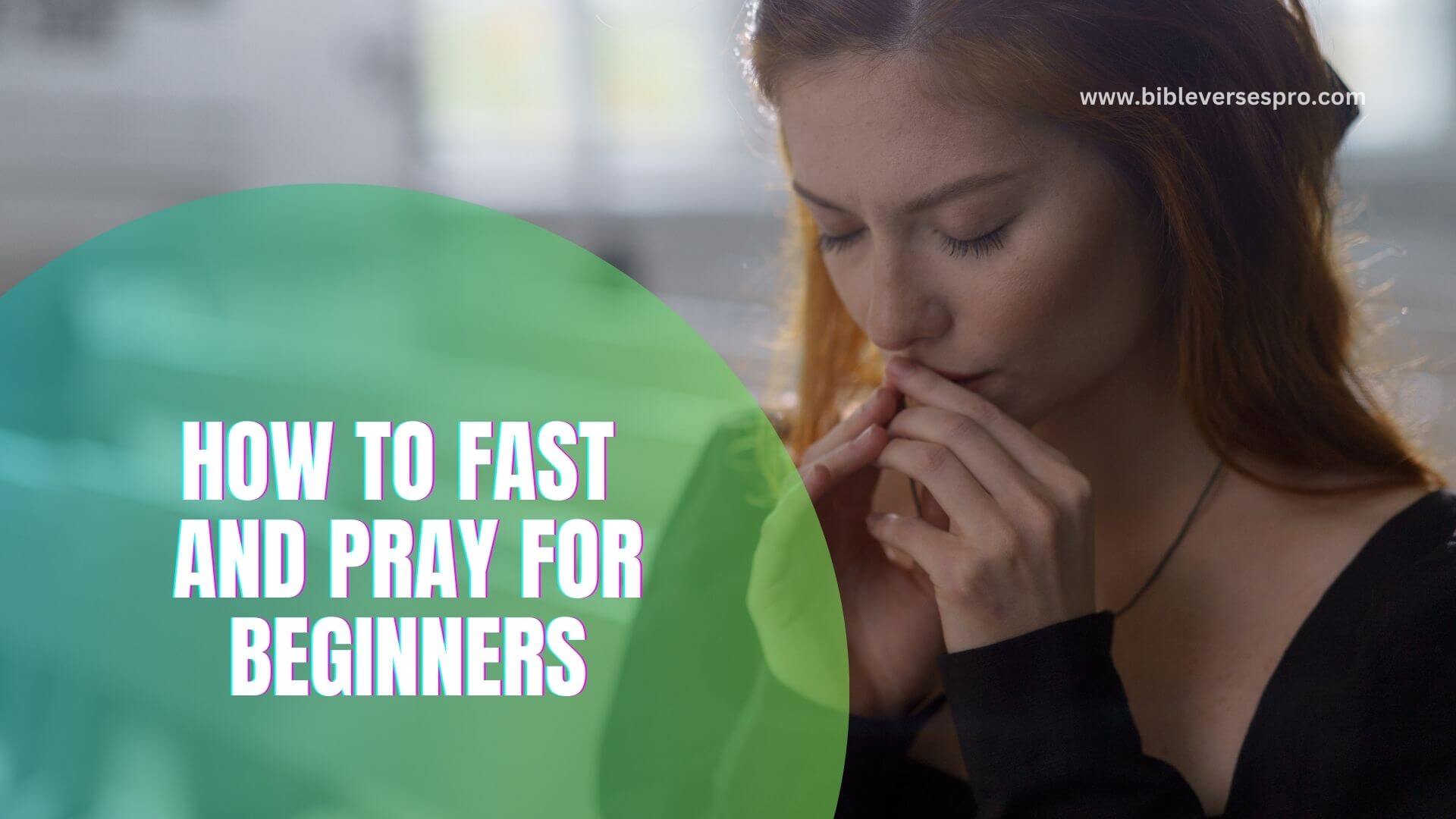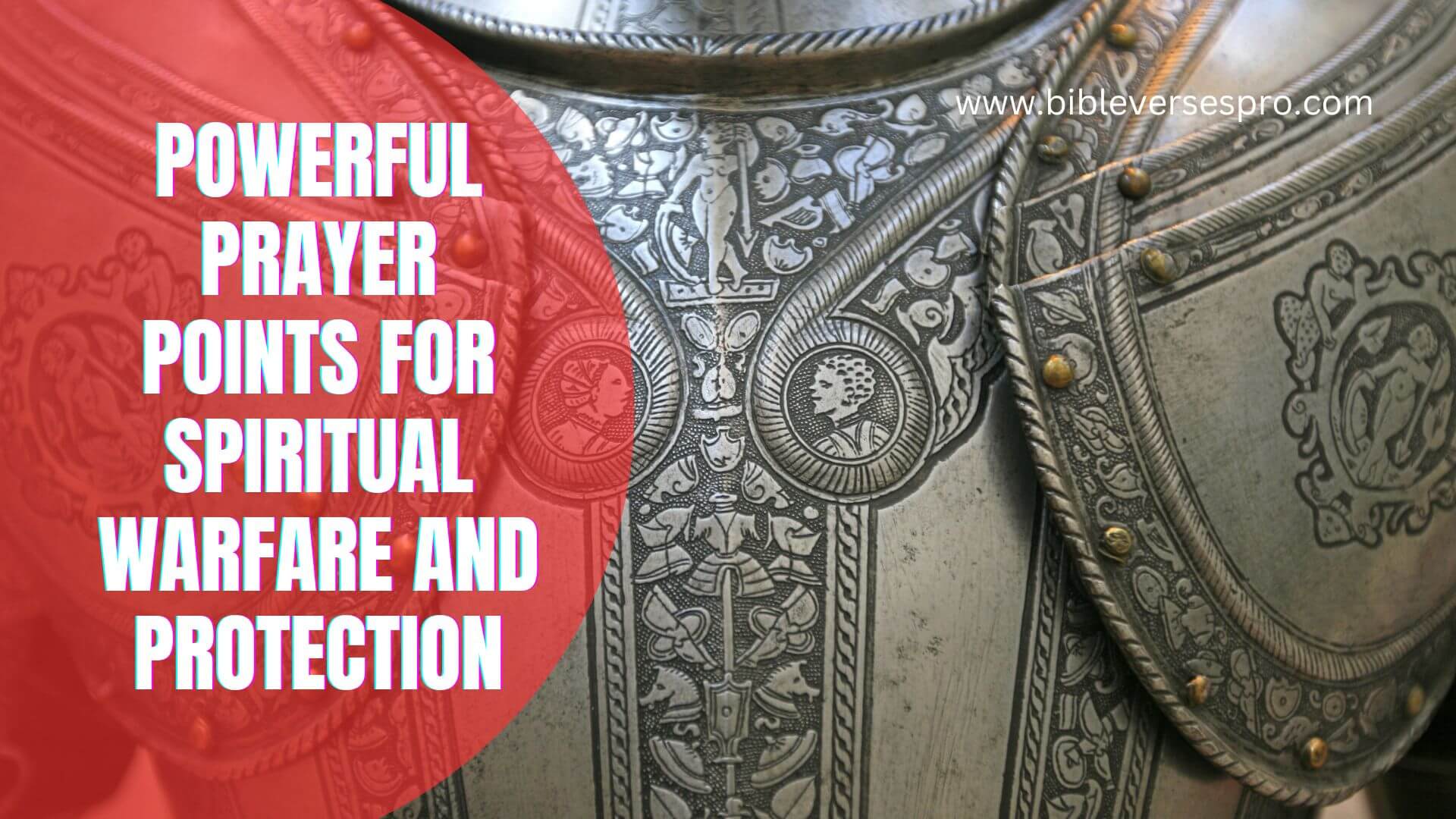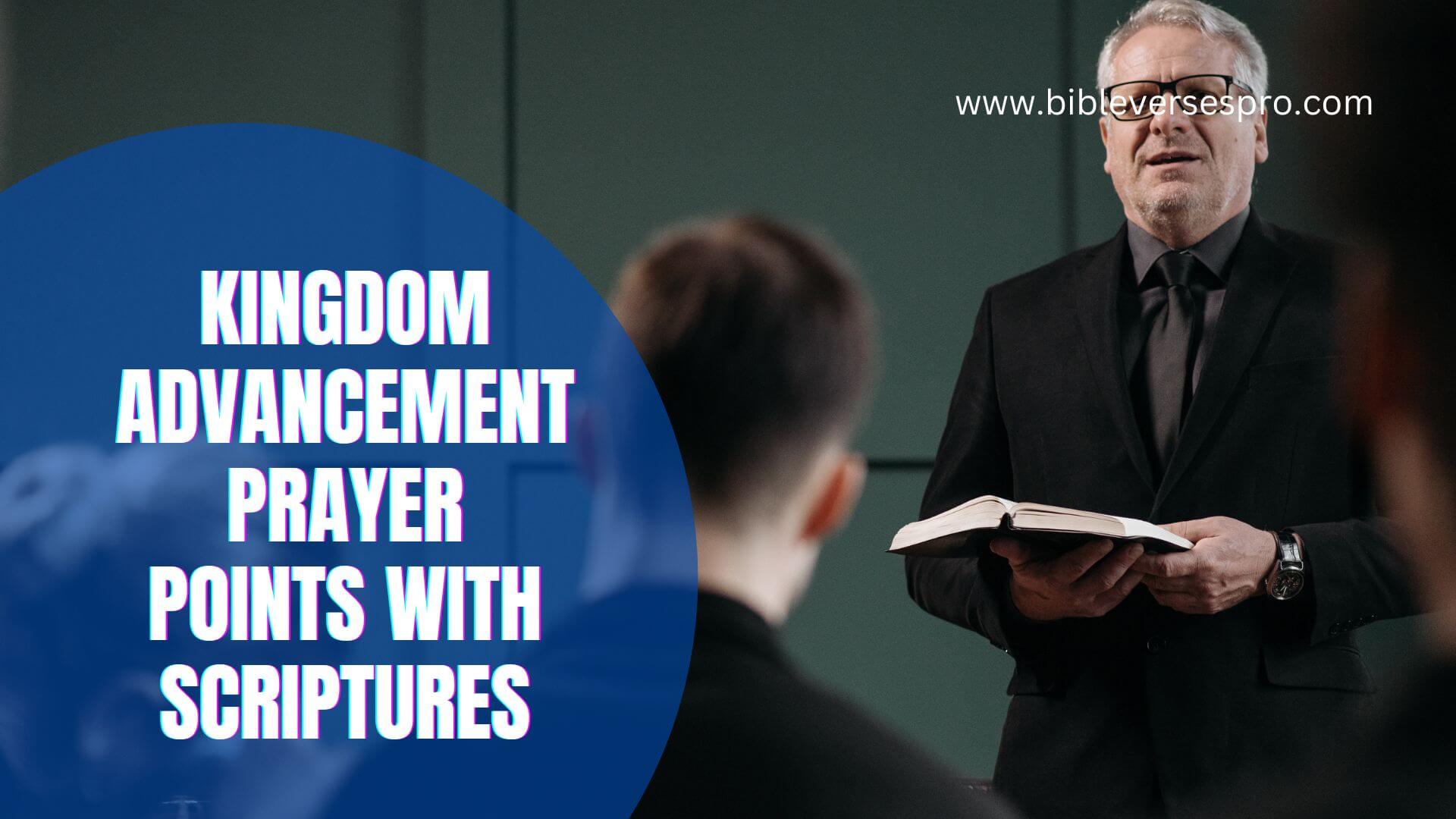Fasting and prayer are important spiritual disciplines that Christians have practiced for centuries.
Fasting involves abstaining from food or other pleasures for a period of time, while prayer is a way of communicating with God.
These two practices are often combined to seek God’s guidance and direction.
The importance of fasting and prayer cannot be overstated. These practices help us to focus on our spiritual lives and deepen our relationship with God.
This outline will help us understand how to fast and pray for beginners and how to use this spiritual discipline to grow our faith and relationship with God.
How To Fast and Pray For Beginners
By setting aside intentional time for prayer and fasting, we demonstrate our commitment to seeking God’s will and direction for our lives.
This outline provides guidance on what to fast for and from and the importance of discernment in our fasting and prayer practices.
For beginners, it is important to understand the different types of fasts, choose a fast that suits their lifestyle, decide on the duration of the fast, prepare for the fast, and know how to break the fast. Here is a breakdown of each step:
Understanding The Types of Fasts
There are different types of fasts that one can undertake, such as a complete fast (abstaining from all food and drink), a liquid fast (only consuming liquids), a partial fast (abstaining from certain foods or meals), or a Daniel fast (eating only fruits, vegetables, and grains).
It is important to understand the different types of fasts and choose one appropriate for your lifestyle and health.
Choosing A Fast That Suits Your Lifestyle
When choosing a fast, it is important to consider your lifestyle and daily activities. For example, a complete fast may not suit you if you have a physically demanding job. Instead, you could choose a partial fast or a Daniel fast.
Deciding on The Duration of The Fast
The duration of the fast can vary depending on the individual’s goals and physical condition. It is important to start with a shorter time, such as a one-day or three-day fast, and gradually increase the duration as you become more accustomed to fasting.
Preparing For The Fast
Preparing for a fast involves setting aside intentional time for prayer and meditation and preparing your body for the fast. This may involve gradually reducing your food intake leading up to the fast, staying hydrated, and getting adequate rest.
Breaking the fast
Breaking the fast is an important part of the process. It is important to introduce solid foods into your diet and avoid overeating gradually.
This can be done by starting with light, easily digestible foods such as fruits and vegetables and gradually adding other foods over several days.
– By understanding the types of fasts, choosing a fast that suits your lifestyle, deciding on the duration of the fast, preparing for the short, and knowing how to break the fast, you can embark on a meaningful spiritual journey that can bring about growth and transformation in your life.
How To Pray For Beginners
Prayer is an important spiritual discipline that helps us to communicate with God. For beginners, knowing where to start cannot be very safe. Here are some steps to help beginners get started with prayer:
1. Understanding the purpose of prayer
The purpose of prayer is to connect with God and seek His guidance and direction in our lives. Prayer is also a way to express gratitude, ask for forgiveness, and intercede for others.
2. Finding a quiet and comfortable place to pray
Find a place where you can be alone and uninterrupted. It can be helpful to create a designated space for prayer, such as a quiet corner in your home.
3. Choosing a prayer format
There are different ways to pray, such as reciting traditional prayers, praying from the heart, or using a prayer journal. Choose a prayer format that resonates with you and feels comfortable.
4. Starting with simple and easy prayers for beginners
It can be helpful to start with simple and easy prayers, such as reciting the Lord’s Prayer or praying for guidance in a specific area of your life. As you become more comfortable with prayer, you can expand your prayers to include more complex topics.
5. Praying with intention and faith
When praying, having intention and faith in God’s ability to hear and answer our prayers is essential. This means being sincere in our prayers and trusting that God will answer in His own time and way.
How Long to Fast and Pray
Fasting is a personal spiritual discipline, and the duration of a fast can vary depending on the individual’s goals and physical abilities. Here are some factors to consider when deciding on the course of a fast:
1. The Ideal Duration Of a Fast
The ideal duration of a fast depends on the fast and the individual’s goals. The expected time for a fast is one to three days, but some fasts can last up to 40 days.
2. Different Types of Fasts and Their Duration
Different types of fasts include water fasts, juice fasts, and partial fasts. Water fasts typically last one to three days, while juice fasts last up to 10 days. Partial fasts, which involve giving up certain foods or activities, can last for shorter or longer periods.
3. Factors To Consider When Deciding On The Duration Of a Fast
When deciding on the duration of a fast, it is important to consider the individual’s health and physical abilities. It is also important to consider the individual’s short-term goals, such as spiritual growth, physical healing, or breaking an addiction.
4. Listening To your Body and Adjusting the Duration of the Fast Accordingly
During a fast, it is important to listen to your body and adjust the duration of the fast accordingly. If you experience discomfort or health concerns, it may be necessary to end the fast early.
Easy Prayers for Beginners
prayer is a personal and intimate conversation with God. You can use these prayers as a starting point and modify them to fit your style and situation.
The more you practice, the more comfortable and confident you will become in your prayer life.
Here are some vital points to guide beginners when praying:
Understanding The Power of Prayer
Prayer is a powerful and transformative practice that connects us to God and helps us deepen our relationship with Him. Through prayer, we can express our gratitude, ask for help and guidance, confess our sins, seek forgiveness, and offer praise and worship.
Prayer has the power to change us from the inside out. When we pray, we open ourselves to God’s presence and allow Him to work in our hearts and minds.
We can experience inner peace, joy, and clarity as we surrender our worries and fears to Him. Prayer can also help us develop greater compassion and empathy for others, as we pray for their needs and struggles.
Prayer is not a magic formula or a way to manipulate God but rather an invitation to enter into a relationship with Him. It is an opportunity to align our will with God’s will and to seek His guidance and wisdom. As Jesus taught us, “Ask and it will be given to you; seek and you will find; knock and the door will be opened to you” (Matthew 7:7).
Overall, prayer is a vital aspect of the Christian life that helps us grow in faith and deepen our relationship with God. It is a gift and privilege we can access at any time, place, or circumstance.
Simple And Easy Prayers For Beginners
Prayer is an assertive spiritual discipline that can bring comfort, guidance, and strength to our lives.
For beginners, simple and easy prayers can help build a foundation for regular prayer practice. Here are some examples of easy prayers for beginners:
- Gratitude Prayer: “Dear God, thank you for the blessings in my life. Help me to see and appreciate your goodness in all things.“
- Help Prayer: “Dear God, please help me with [insert specific situation or struggle]. I trust in your guidance and love.”
- Forgiveness Prayer: “Dear God, please forgive me for [insert specific sin or mistake]. Help me to make amends and grow in your grace.”
- Strength Prayer: “Dear God, please give me the strength to face the challenges ahead. Help me to trust in your plan and rely on your love.”
- Guidance Prayer: “Dear God, please guide me in [insert decision or situation]. Help me to discern your will and follow your path.”
- Healing Prayer: “Dear God, please bring healing to [insert person or situation]. I trust in your power to restore and renew.”
- Protection Prayer: “Dear God, please protect me and my loved ones from harm. Shield us from danger and help us to trust in your loving care.”
- Peace Prayer: “Dear God, please bring peace to my heart and to the world around me. Help me to be a bearer of your peace and love.”
These are just a few prayers that can be modified for many contexts and events. The most important thing is communicating honestly and sincerely with God through prayer.
Conclusion
Prayer enables us to converse with God and seek His plan for our lives while fasting allows us to put aside distractions and concentrate on our relationship with God.
We urge you to begin a daily fasting and prayer routine and to ask God to be present in your life and provide direction.
Remember that fasting and prayer are private rituals, and what is effective for one person may not be effective for another.
As you work to deepen your relationship with God, pay attention to your body, your spirit, and God’s leading.







